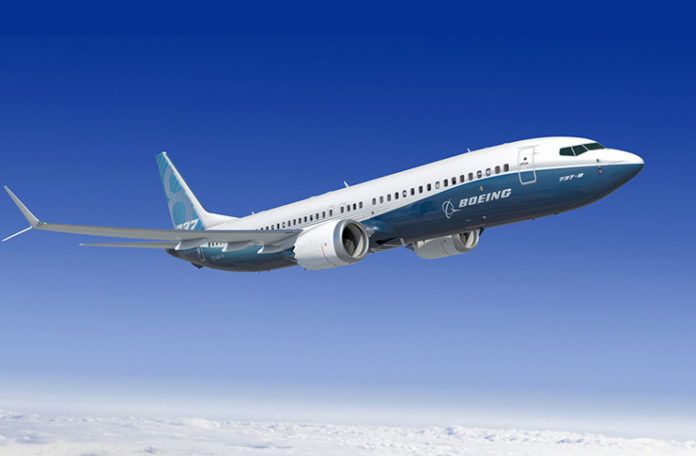
TravelingForMiles.com may receive commission from card issuers. Some or all of the card offers that appear on TravelingForMiles.com are from advertisers and may impact how and where card products appear on the site. TravelingForMiles.com does not include all card companies or all available card offers.
Some links to products and travel providers on this website will earn Traveling For Miles a commission which helps contribute to the running of the site – I’m very grateful to anyone who uses these links but their use is entirely optional. The compensation does not impact how and where products appear on this site and does not impact reviews that are published. For more details please see the advertising disclosure found at the bottom of every page.
It’s always fun when two bloggers disagree and right now I have a diametrically opposing view to Gary (View From The Wing) on the way the FAA appears to have handled the certification process for the Boeing 737 MAX aircraft.
Gary wrote a post earlier today in which he argues that:
- It’s a good thing that the FAA delegates aspects of the aircraft certification process to the aircraft manufacturers.
- It was not a dereliction of duty on the part of the FAA when it allowed Boeing to self-certify parts of the 737 MAX project
- It’s simply not possible for the FAA or any civil aeronautics agency to have the expertise necessary to do the certification process themselves.
- It has been FAA practice to allow aircraft manufacturers to self certify aspects of an aircraft project since 1956 and aircraft and airlines have become incredibly safe since that time.
- There cannot possibly be enough FAA engineers to learn, supervise, and test everything. And they cannot possibly have sufficient expertise in the technology to do so.
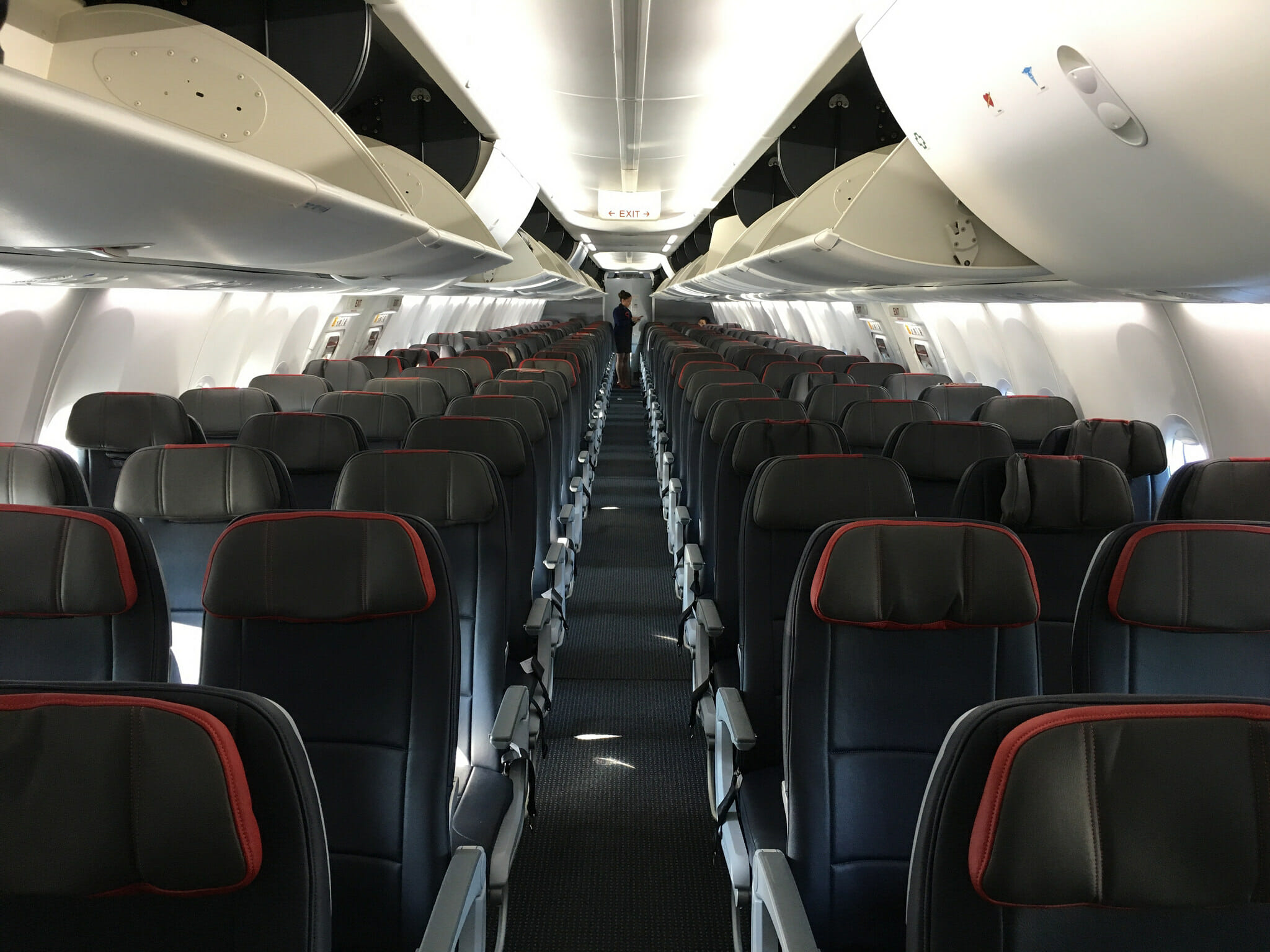
I couldn’t disagree more.
I don’t think it’s ever a good thing when a regulatory agency has to delegate its job to the corporation or entity it is supposed to be regulating, overseeing, and monitoring.
My stance is that just because the FAA doesn’t have the ability to do the job it has been tasked with, doesn’t automatically make it a good thing that it’s delegating responsibility to aircraft manufacturers – it makes it an incredibly bad thing that we have a Government agency incapable of doing a major part of its remit.
In the comments section, Gary stated that “Boeing is supposed to document the functionality and safety of the aircraft and FAA spot checks” and I get that. I can see how that’s supposed to work because it’s very similar to the fundamental idea behind how a financial audit works.
The relationship between Boeing and the FAA is similar in many ways to the relationship between a large corporation and its auditors (or at least it should be) and just as the FAA can’t possibly check that an aircraft manufacturer has tightened every screw on every aircraft, no auditing firm can check every number and every detail of a corporation’s financial figures.
A corporation will pull together all the documents an audit team will require and the auditors review those documents in line with strict guidelines which ensure that all the high-risk areas of the accounts get extra close scrutiny.
But that’s not what apparently happened with the FAA and Boeing.
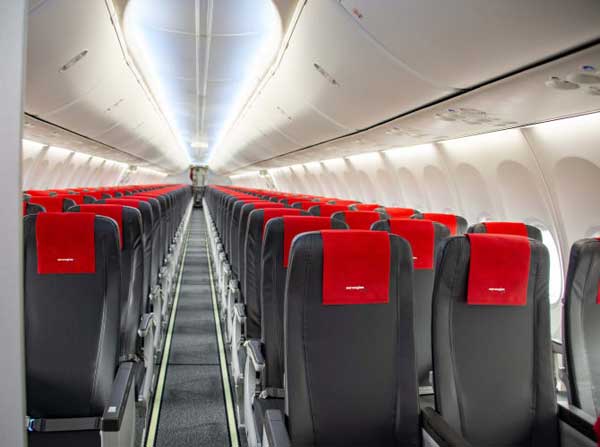
If press reports are to be believed (like the one I discussed last week), the FAA delegated all responsibility for select areas of the 737 MAX project to Boeing and then failed to carry out any checks on these areas whatsoever – one such area being the much-discussed MCAS system which many think may be behind the two tragic 737 MAX accidents we’ve had in the past 5 months.
There is absolutely no excuse for this.
If the FAA didn’t understand an aspect of the 737 MAX project, the correct course of action wasn’t to let Boeing’s own engineers audit themselves – it was to go and find a team who *did* understand what they were looking at and to use that team to make sure Boeing hadn’t cut any corners and had done a thorough job.
When dealing with corporations whose accounts include highly complex ‘exotics’, auditing firms have to make sure that they employ people capable of understanding those exotics to an extent where the corporation cannot pull the wool over the auditor’s eyes…and there aren’t any lives at stake with a corporation’s accounts.
Why don’t we hold the FAA to a similar standard?
How can we possibly take the FAA seriously if it is openly admitting that it doesn’t understand how an aircraft it is certifying works?
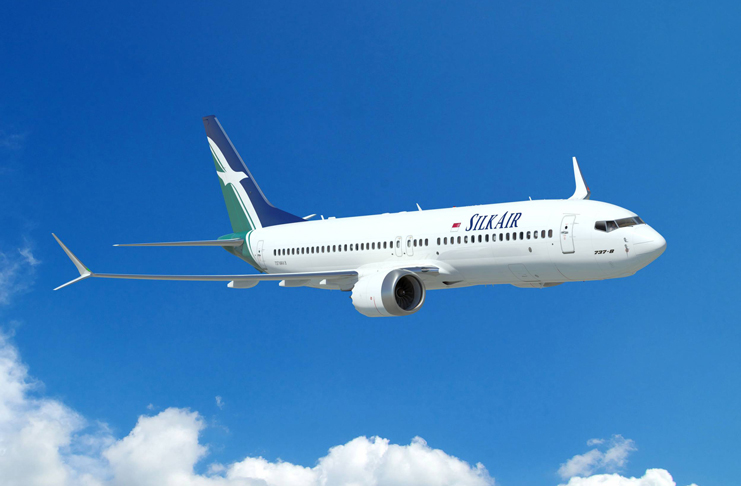
No financial system/body/structure would accept an audit report from an auditor who delegated elements of the audit process to a corporation, and they certainly wouldn’t accept audit reports if it became known that the auditors didn’t have the technical know-how to understand what it was that they were auditing. So why would anyone accept anything else from the FAA?
Just because the FAA is underfunded and, apparently, largely unable to understand the mechanics behind the machines it is certifying, is not a reason to say “ok, let’s allow the aircraft manufacturer to do all the work”.
It’s a reason to bring the FAA to task and to ask “what the heck is going on here?!”.
Bottom Line
By Gary’s own measure the FAA failed to do a basic part of its remit – it failed to carry out spot checks on parts of the 737 MAX which were clearly critical to the aircraft’s design (the MCAS system) and for that reason there’s absolutely nothing anyone can say or write that makes it ok for the FAA to have done what it apparently did.
Once you reach a point where a regulator doesn’t understand what it is regulating, the regulator is no longer fit for purpose and sadly that’s a point I think we’ve got to.
This may be a time to look into new ways to have an agency like the FAA funded and possibly a time to look into creating a single worldwide agency that is less likely to be too friendly with one or more aircraft manufacturers.
I’ll kick off the debate with a suggestion – all aircraft manufacturers should contribute a percentage of profits to a new single worldwide regulatory body that is in charge of certifying aircraft.
The contributions should be set at a level that allows the new body to employ enough sufficiently skilled engineers so that there is no longer a need for the aircraft manufacturers to do anything other than supply all the documentation needed for the regulator to do its job.
Anyone care to weigh in with their own thoughts?










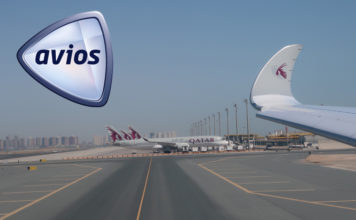


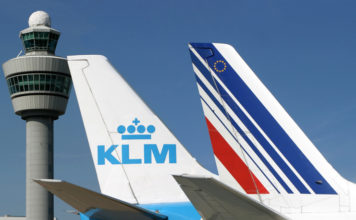



I completely agree with your position and arguments on this issue, and I am surprised that anyone, other than representatives of Boeing and/or the FAA, seriously take an opposing position.